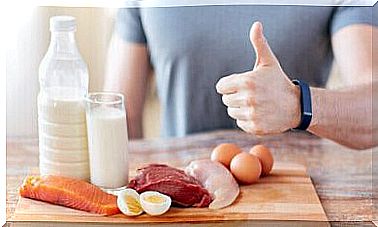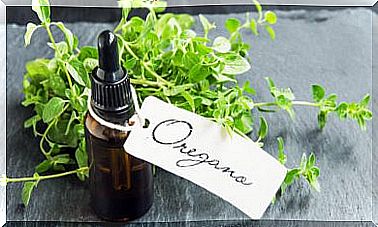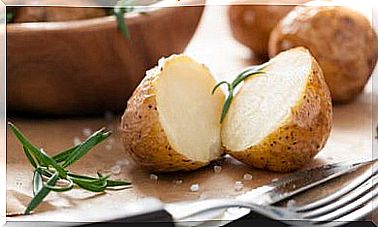Is It Good To Eat Canned Food?
Canned food is in the pantry of almost every home. They are comfortable, keep for a long time and hardly ever need preparation
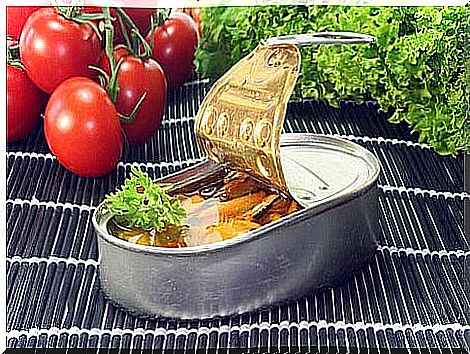
No one can deny that canned foods are already part of our daily diet. They are consumed quickly and do not take up too much time. Some don’t even need to be cooked or heated.
As if that weren’t enough, they bail us out when our stomach growls and we don’t have the time or desire to start preparing dinner.
We get home, we open the fridge and it echoes. But we refuse to call a home delivery service because we do not want to spend the money or because we realize that we should “eat better.” What to choose then? A can of tuna we found in the pantry!
Consuming canned food, an increasingly recurring habit
We go to the supermarket and buy a good amount of canned food. Does it sound familiar to you? Perhaps to store them for a long time at home, in case eventualities arise or because we do not like to cook a lot. Also because their expiration date is long-term and they can be kept for months without problem.
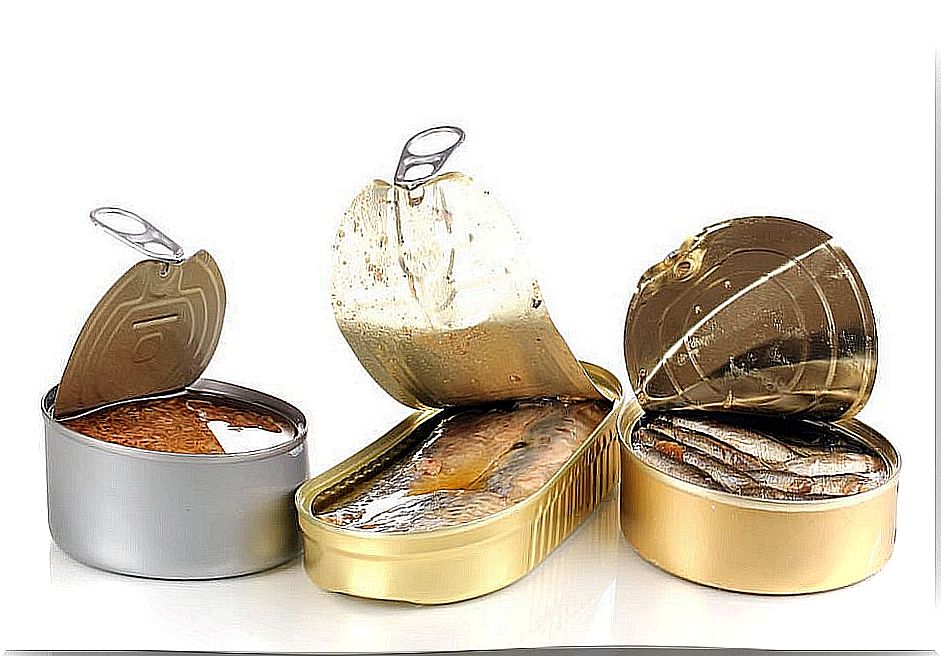
Today we can find all kinds of canned foods. From tuna, patés and sardines to salads and legumes to tomato and fruit sauces such as peaches in syrup.
Canned foods, good or bad?
There are many opinions related to the pros and cons of eating canned food. Some people are suspicious of them, especially when the packaging is dented or if the label is missing a part.
It is necessary to know that when the food is placed in the cans, it is fresh. Therefore, they are subjected to a specific thermal process that dries them or water is added so that they do not spoil. In addition, the pH of the content can be modified in order to increase its useful life.
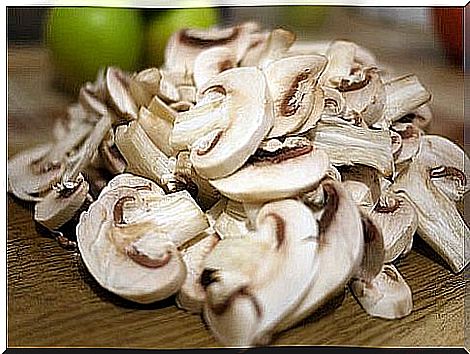
Although there are people who think that the nutritional value of canned foods decreases, this does not have to be the case. Heat treatment can denature certain proteins or vitamins. On the other hand, water-soluble compounds can pass into the liquid in which they are immersed. However, if we take advantage of the entire content of the can, including liquid, the loss of nutrients is minimal. The only thing that can suffer are the organoleptic characteristics of the product.
However, canned foods are likely to contain more salt, up to five times more, than a product bought at a fair or market. Sodium is a preservative for many foods and excessive consumption can cause diseases such as hypertension or fluid retention, according to an article published in the journal “Nature Reviews Cardiology.”
Do canned foods contain substances that are harmful to health?
Preservatives
It would be good if we check the labels of canned foods, and of everyone in general, before buying them. Those that contain preservatives should be avoided to extend the useful life of the food, since their safety is not always guaranteed in the long term.
Sodium benzoate, benzoic acid or citric acid are the most used preservatives. And don’t be fooled by their codes! They usually use one letter and three numbers (E-210, E-211, E-309, etc) to name them.
Another good idea is to opt for canned foods that do not contain oils, since the caloric intake will be higher. Better preserves that have water or are “natural”, as they say commercially. A good example is in tuna.
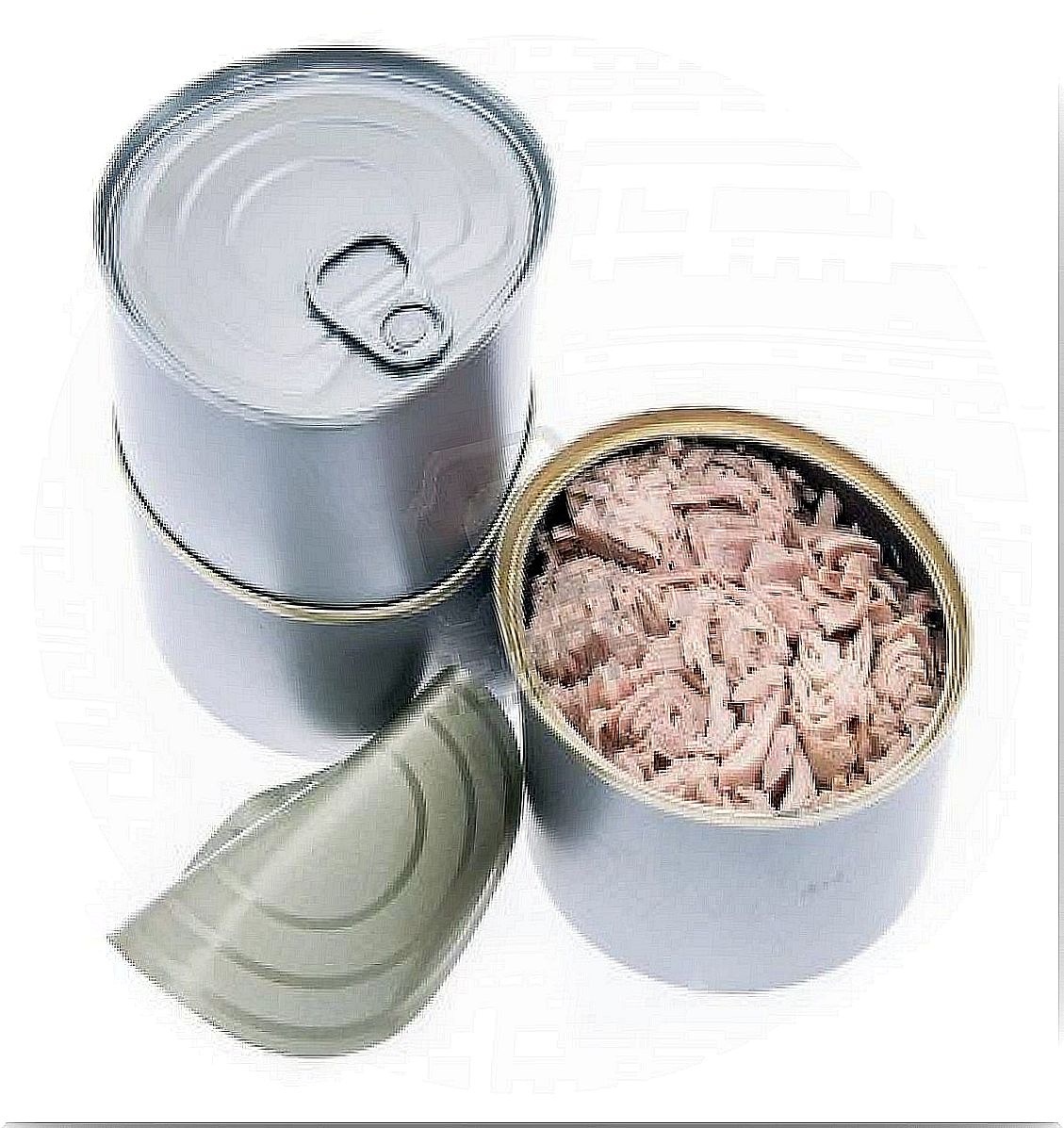
Heavy metals
What about the heavy metals in the can? Many decades ago, eating in these containers was almost the same as committing suicide.
The glue used to seal the cans was very dangerous and caused many discomforts, sometimes even death.
Fortunately, that no longer happens, although there are still people who distrust the metal used to can food. However, there is no need to fear, the containers today are controlled in detail.
Likewise, you must also take into account certain signs on the cans before buying or opening them:
- Rust at the edges or junction points.
- Odd dents or bends in the lid.
- Foam on the liquid inside.
- Strange color or bad appearance of the content.
- Strong smell.
Although metal containers can give certain compounds to the liquid in which the food is immersed, this does not usually pose a health problem. There would only be a risk of poisoning for a person with obesity who consumes a large amount of packaging and who loses weight suddenly. In this situation, all fat-soluble metal compounds would pass into your bloodstream, causing you to be acutely intoxicated.
What is the best container for food?
If we were to make a scale among the most recommended materials for storing or transporting food, we would first have to analyze several factors.
For example, what type of food will be placed inside, how long will we keep it or where it will be stored.
In the case of cooked vegetables, vacuum-packed glass jars or jars are recommended . In this way they contain less salt and additives.
The sterilization process of the containers is similar to that carried out in homes a few decades ago: boiling water and steam. In addition, they can be reused and are respectful with the environment.
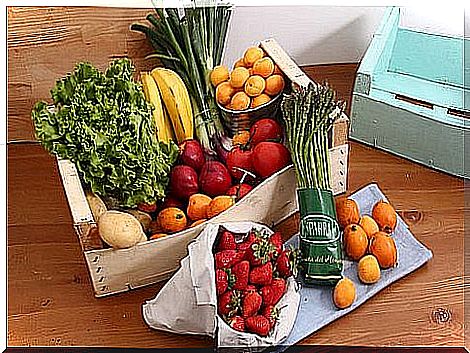
As for plastic, its characteristics are that it is cheap, that it can take any shape and that it is thermally insulating. Among the cons we can highlight that the components can pass into the food and alter the taste. But above the price we should look at the problem for the environment caused by the overconsumption of this material during the last decades. We are talking about billions of tons.
Canned foods are not harmful!
Consuming canned food does not have to be harmful to health as long as it does not become a habit and we take certain precautions in this regard.
Reading the labels and choosing the product with the least preservatives, as far as possible, is a wise move. It is also positive to buy food packaged in glass jars, as a preferred option over those placed in plastic or metal containers.
